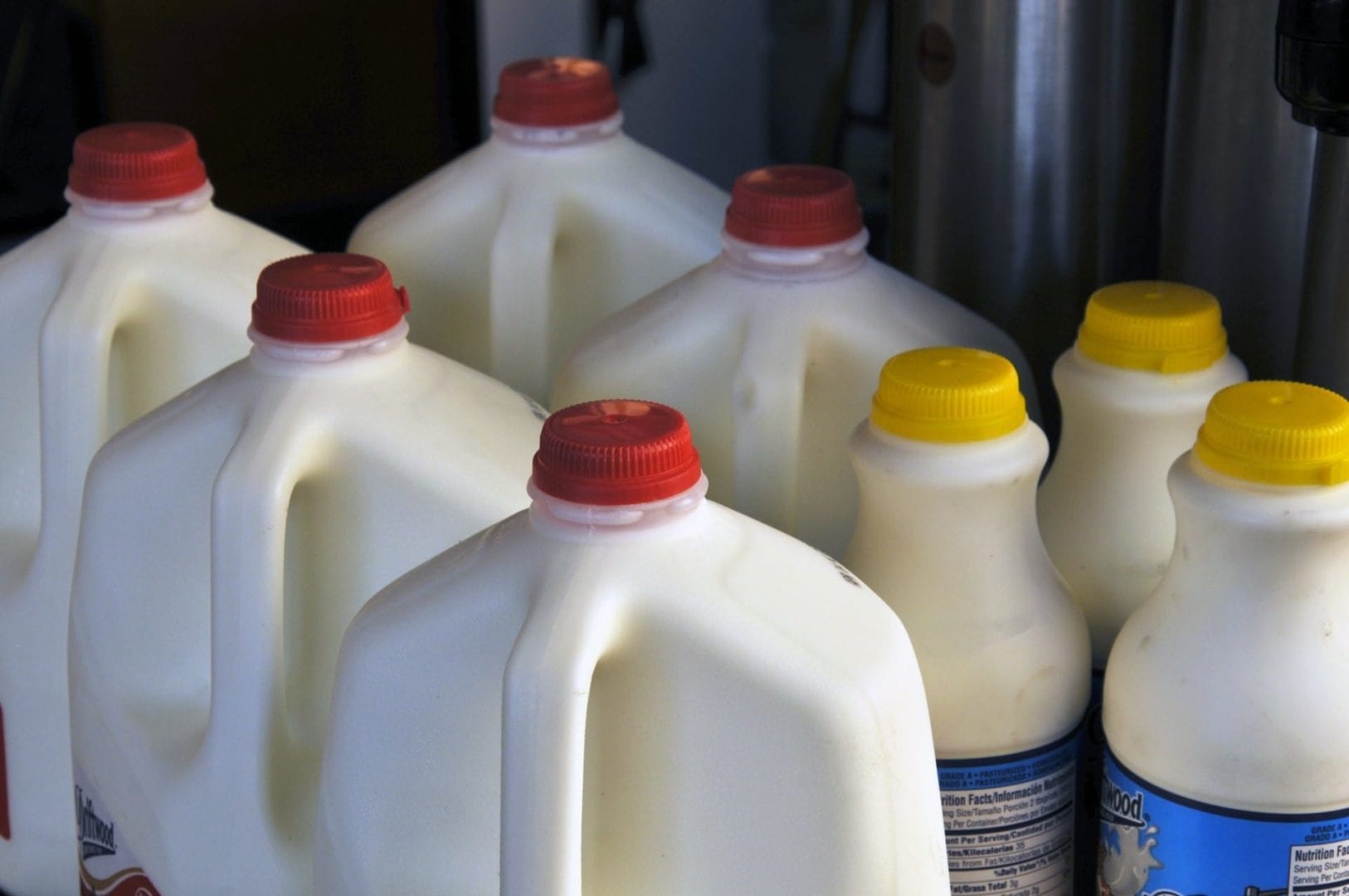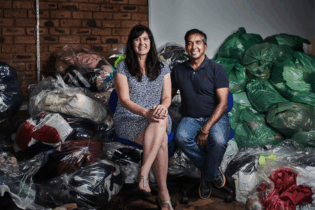Mpact said the plant will create six direct jobs and 500 indirect employment opportunities in the collection of recyclables.
“It is important to note that government need the society and industry to ensure sustainable materials management,” Molewa said. “The recycling of waste remains a significant part of the manufacturing sector. “We therefore need to work together towards ensuring that the waste material finds its way back into the manufacturing chain so as to advance our commitment to a circular economy and employment creation interventions, particularly within the green economy space,” she added. Molewa openly challenged other players in the sector to support and strengthen the recyclable collection part of the value chain. She commended Mpact for leading the way in unlocking the economic viability and opportunities presented by this industry. “This is also in line with the National Waste Management Strategy, which paves the way for the exploration of the recycling economy as a mechanism to improve socio-economic conditions in South Africa,” Molewa said.
Environmental Affairs Minister Edna Molewa has called for transformation in the waste sector so it can significantly contribute to the growth of the secondary materials economy.
She believes this will help foster job creation at an entry level, and support industrial efficiencies.
Molewa said her office was committed to finding alternative and innovative ways to divert waste from landfill sites and convert it into valuable resources. She reiterated that this commitment was also echoed in the National Development Plan (NDP).
In line with diverting waste from landfill sites, plastics bottle manufacturing company Mpact launched its Liquid Packaging recycling plant in Ekurhuleni on Tuesday.
At the launch, Molewa called on other companies operating in the packaging industry to follow suit and ensure their waste is also recycled.
Mpact’s new plant has been developed to recycle 25,000 tonnes of liquid packaging products per year, poly coated cups and cartons, wet strength bags and packaging. It is estimated that this will save 65,240 cubic metres of landfill space and reduce approximately 11,400 tonnes of carbon emission per annum.








